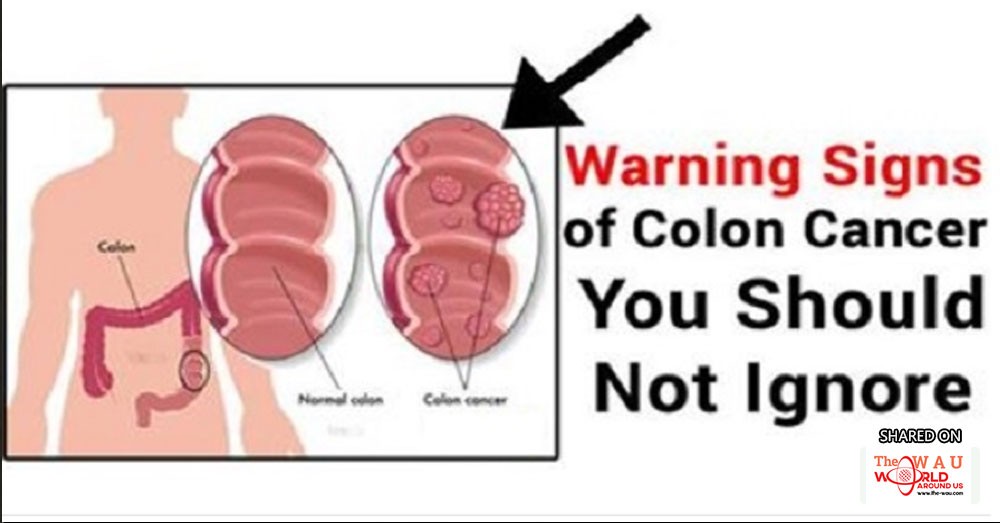Medical professionals often refer to colorectal cancer, in which includes colon cancer that affects the large intestine and rectal cancer that affects the lower most part of the large intestine.
American Cancer Society says that, 1 in 20 people is at risk of developing colorectal cancer during their lifetime.
It is unknown what is the exact cause of colorectal or bowel cancer. However, it is possible to develop when the healthy cells become abnormal and start growing in numbers and accumulate in the lining of the colon, forming polyps. If it left untreated, polyps may become cancerous.
There are several factors that increase your risk of developing colon and rectal cancer, including aging (above 50 years), some types of bowel diseases, family history, obesity, smoking, excessive alcohol intake, a sedentary lifestyle, Type 2 diabetes and regular intake of processed foods or red meats.
African-Americans are at a greater risk of colon cancer than people of other races.
As it is, it can be difficult to treat colon cancer after it spreads to nearby areas, it’s very important to know what the early symptoms are. This can help you seek early treatment and give you a better chance in recovery.
Here are the top 10 warning signs of colon cancer you shouldn’t ignore.
1. Constipation
Constipation is an important sign of cancer in the colon. A 2011 study published in the Asian Pacific Journal of Cancer Prevention highlights the link between constipation and colorectal cancer risk.
An earlier 2004 study published in the European Journal of Cancer supported the hypothesis that constipation or laxative use increases the risk of colon cancer.
A tumor present at the far end of the colon can make it very difficult to eliminate waste products, as a result of that it cause constipation.
If you continuously have fewer bowel movements per week, without any problem of constipation, consult your doctor soon to find out what is the exact cause.
2. Diarrhea
If you are suffering from diarrhea for more than a couple of weeks, it may be an early symptom of colon cancer.
When a tumor partially get in the way of the bowel, it can cause alternating constipation and diarrhea due to leakage of liquid stool.
You may also experience frequent gas, abdominal pain, nausea and vomiting. Plus, a tumor may also irritate or narrow the lining of the intestine.
It is important to consult your doctor when you have diarrhea that lasts more than a few days, as it can lead to dehydration, drain your body of nutrients and signal other serious problems, such as cancer.
...[ Continue to next page ]
Share This Post















